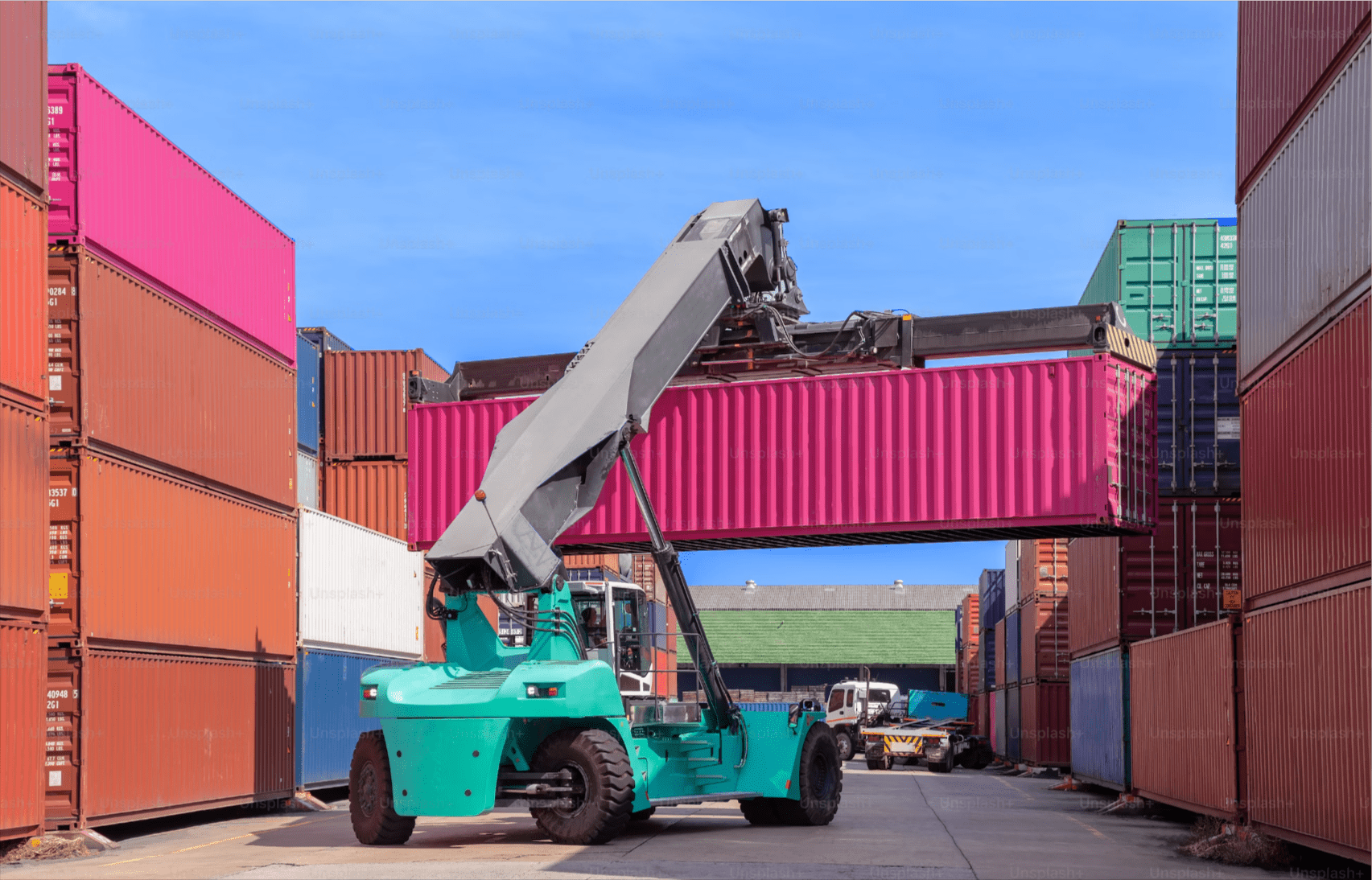
Cargo theft remains a significant challenge for the global logistics and transportation industry. Criminals constantly devise inventive ways to compromise the safety and security of shipments. While traditional security measures have proven effective, technology has emerged as a game-changer in the ongoing battle against cargo theft. This article explores how technology is revolutionizing cargo theft prevention, moving beyond current trends and emphasizing stealth monitoring as a critical strategy.
The problem of cargo theft
Cargo theft is a billion-dollar problem worldwide, affecting various industries, including manufacturing, retail, and e-commerce. Criminals involved in cargo theft employ evolving tactics to overcome existing security measures. Traditional methods like locks, security personnel, and alarm systems have been the primary safeguards against theft for a long time. However, as criminals become more sophisticated, the industry must keep pace with innovative technologies to protect valuable cargo.
Technology interventions to prevent cargo theft
Here are some technological measures that can help prevent cargo theft.
- GPS tracking
One of the significant advancements in cargo theft prevention is integrating GPS tracking and real-time monitoring systems. These technologies have taken security measures beyond the current trends for cargo theft by providing constant, real-time insight into the location and status of cargo.
With GPS tracking, shippers and logistics companies can track their shipments from the point of origin to final destination. Even if a shipment goes off-course, the authorities can be alerted promptly. It makes it more challenging for criminals to siphon off with the cargo. Real-time monitoring further enhances security by providing immediate alerts in case of any suspicious activities or deviations from the planned route.
- Advanced data analytics and machine learning
Advanced data analytics and machine learning algorithms help analyze vast amounts of data related to cargo movement. These technologies allow for the prediction of potential theft hotspots by collecting and processing data on historical theft patterns, weather conditions, and traffic flows.
It allows logistics companies to allocate resources more effectively and strengthen security measures in high-risk areas. For example, suppose the data analysis predicts a particular route is more prone to theft during certain times. In that case, shippers can opt for alternative routes or enhance security on those critical segments.
- Stealth monitoring
Stealth monitoring involves the discreet surveillance of cargo and its surroundings, making it harder for criminals to defeat the security system. Technology has played a pivotal role in making stealth monitoring more effective and scalable.
- Blockchain
This decentralized digital ledger technology is transforming the way supply chains operate. It helps increase transparency and security. Blockchain records each transaction in a secure and tamper-proof manner.
It becomes challenging for thieves to manipulate records or infiltrate the system. When a cargo theft happens, blockchain can record the cargo’s entire journey, from its origin to its destination. It helps law enforcement track the theft and trace the stolen goods.
Bottom line
Cargo theft is a persistent threat to the global logistics and transportation industry. However, technology is revolutionizing the way we approach cargo theft prevention. It is moving beyond current trends to provide more effective and efficient solutions.
As criminals evolve their tactics, the industry must stay one step ahead by embracing these technological advancements to protect valuable cargo and maintain the integrity of supply chains. With these technologies in place, the logistics industry can better combat cargo theft and ensure the secure transportation of goods.



